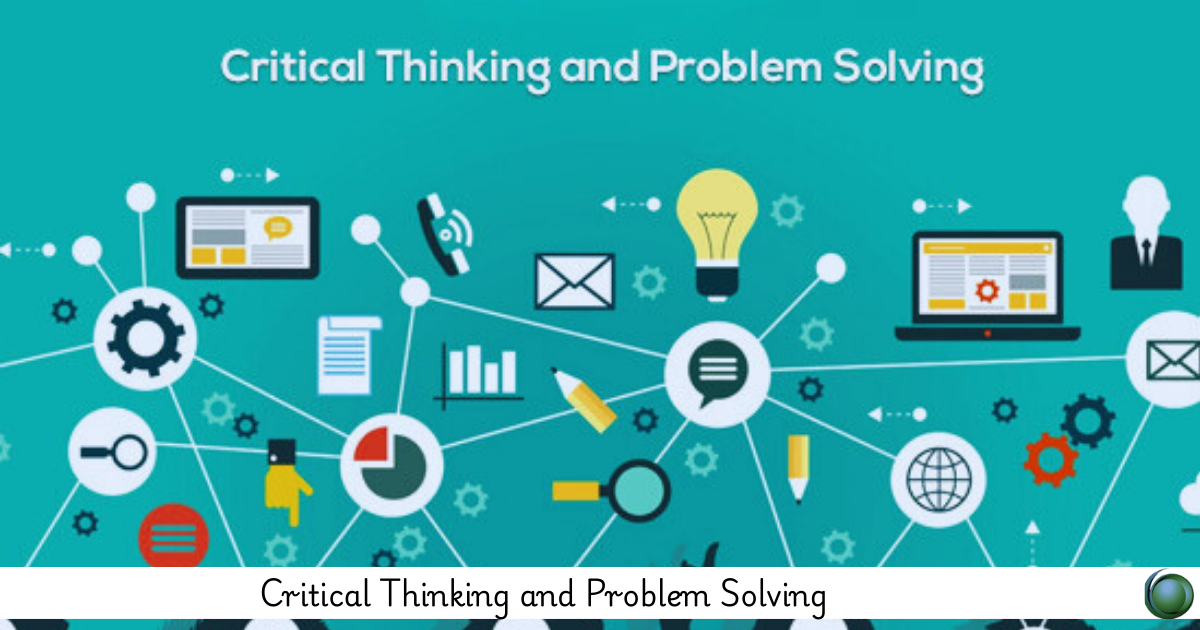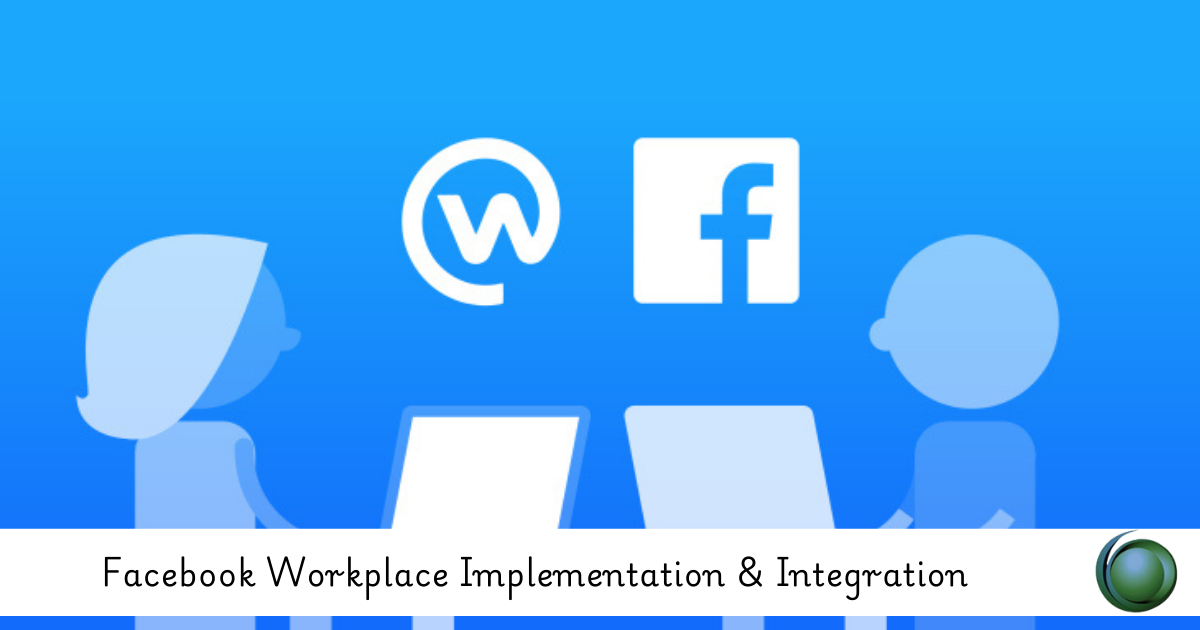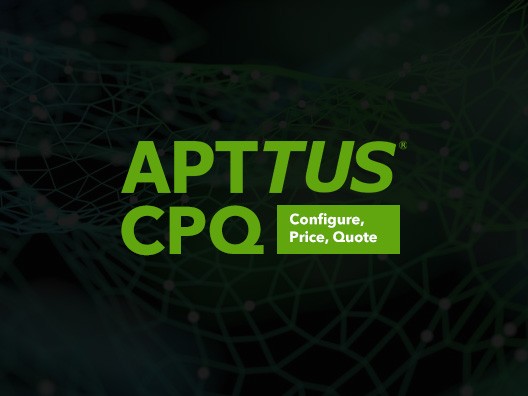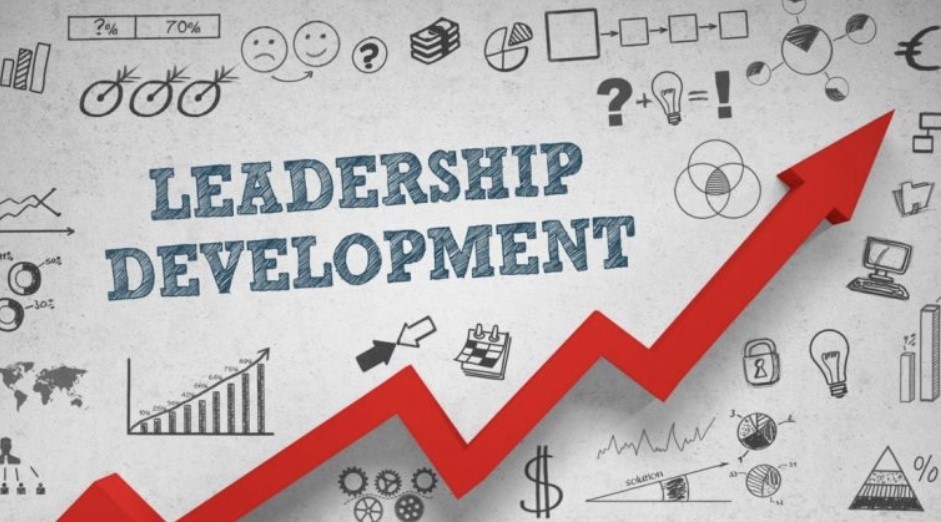Description
Introduction
In an age of complexity and constant change, critical thinking and problem-solving are essential for making sound decisions and driving innovation. This course equips professionals with structured approaches to analyze information, challenge assumptions, and solve problems with clarity and creativity. Participants will develop habits of rational inquiry and strategic action, improving both individual and team performance.
Prerequisites
-
Basic communication and collaboration skills
-
Openness to reflective thinking and feedback
-
No prior training in logic or decision theory required
Table of Contents
1. Foundations of Critical Thinking
1.1 What Is Critical Thinking?
1.2 Benefits of Critical Thinking in the Workplace
1.3 Common Barriers to Critical Thinking
1.4 Cultivating a Curious and Analytical Mindset
2. The Critical Thinking Process
2.1 Observing and Gathering Information
2.2 Asking the Right Questions
2.3 Distinguishing Fact from Opinion
2.4 Avoiding Cognitive Biases and Fallacies
3. Creative Problem Solving Frameworks
3.1 Defining the Problem Clearly
3.2 Root Cause Analysis (5 Whys, Fishbone Diagram)
3.3 Brainstorming Techniques
3.4 SCAMPER and Lateral Thinking Approaches
4. Decision-Making Models and Tools
4.1 Rational vs. Intuitive Decision Making
4.2 SWOT and PESTLE Analysis
4.3 Decision Matrix and Cost-Benefit Analysis
4.4 Red Teaming and Devil’s Advocacy
5. Analytical Thinking and Data Evaluation
5.1 Interpreting Charts and Data Sets
5.2 Correlation vs. Causation
5.3 Evaluating Sources and Evidence
5.4 Thinking in Probabilities and Scenarios
6. Logical Reasoning Skills
6.1 Deductive and Inductive Reasoning
6.2 Syllogisms and Argument Structures
6.3 Recognizing Logical Fallacies (e.g., Strawman, Slippery Slope)
6.4 Strengthening Arguments with Evidence
7. Collaborative Problem Solving
7.1 Group Thinking vs. Groupthink
7.2 Harnessing Diverse Perspectives
7.3 Consensus Building Techniques
7.4 Effective Facilitation for Problem-Solving Sessions
8. Critical Thinking in Real-World Contexts
8.1 Problem Solving in Project Management
8.2 Navigating Ethical Dilemmas at Work
8.3 Conflict Resolution with Critical Thinking
8.4 Strategic Planning and Innovation
9. Enhancing Everyday Problem Solving
9.1 Thinking on Your Feet
9.2 Reframing Challenges as Opportunities
9.3 Practicing Reflective Journaling
9.4 Habit Stacking for Daily Mental Agility
10. Building a Thinking Culture
10.1 Encouraging a Questioning Mindset in Teams
10.2 Psychological Safety for Idea Sharing
10.3 Integrating Critical Thinking into Training and Onboarding
10.4 Leading by Example as a Thoughtful Decision-Maker
Critical thinking and problem-solving aren’t just skills—they’re mindsets that foster better decisions, stronger collaboration, and continuous improvement. By mastering these techniques, professionals become proactive thinkers, capable of addressing challenges with insight, logic, and innovation. This course supports both personal growth and organizational success through structured thought and action.







Reviews
There are no reviews yet.